Navigating the Emotional Landscape
Do you ever find yourself constantly seeking reassurance from your partner, worrying about the stability of your relationships, or feeling overwhelmed by jealousy? These emotions may be more than just occasional relationship bumps. They could be indicators of an anxious attachment style, a pattern deeply rooted in your emotional history.
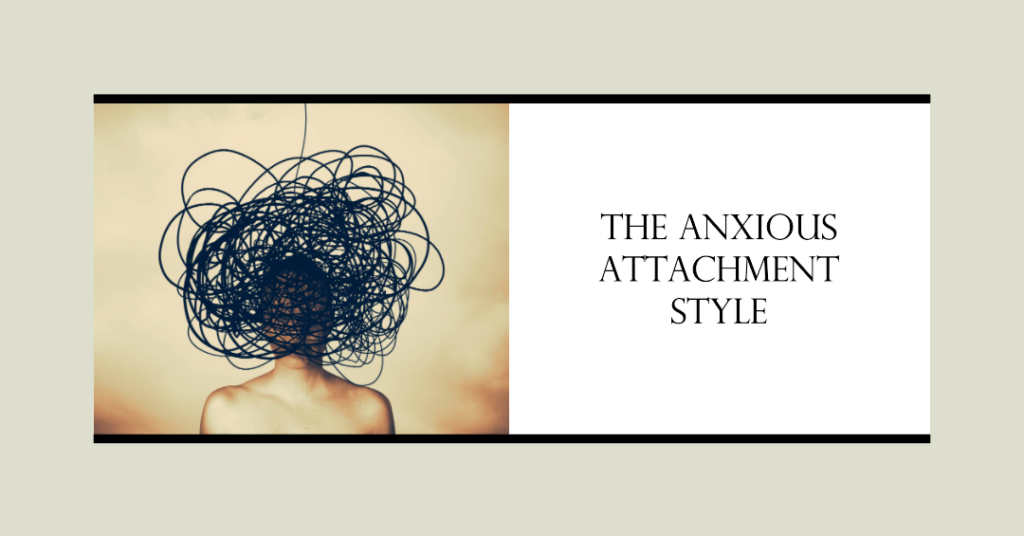
In this blog post, we’re going to dive into the world of anxious attachment, exploring what it is, how it manifests in different aspects of life, and most importantly, how you can work to develop a more secure attachment style. So, grab a cup of your favorite warm beverage, get cozy, and let’s go on this journey of self-discovery and growth.
What is Anxious Attachment?
At the heart of every deep dive into attachment styles lies Attachment Theory, a concept introduced by British psychologist John Bowlby in the mid-20th century. Attachment theory suggests that the way we bond with our caregivers during childhood can shape our relationships throughout our lives.
Anxious attachment, also known as the anxious-preoccupied attachment style, typically develops when individuals experience inconsistent or unpredictable caregiving during their early years. These experiences can lead to a deep-seated fear of abandonment and a constant need for validation and reassurance from partners.
Characteristics of Anxious Attachment
People with an anxious attachment style often exhibit certain telltale signs:
- Fear of abandonment: Anxiously attached individuals may constantly worry that their partners will leave them, even in the absence of concrete evidence.
- Insecurity: This attachment style often goes hand-in-hand with low self-esteem and self-doubt.
- Jealousy and possessiveness: Anxious attachers may struggle with irrational jealousy, constantly fearing their partners will be drawn away by someone else.
- Overthinking and seeking reassurance: These individuals often overanalyze situations, seeking constant reassurance from their partners to quell their anxieties.
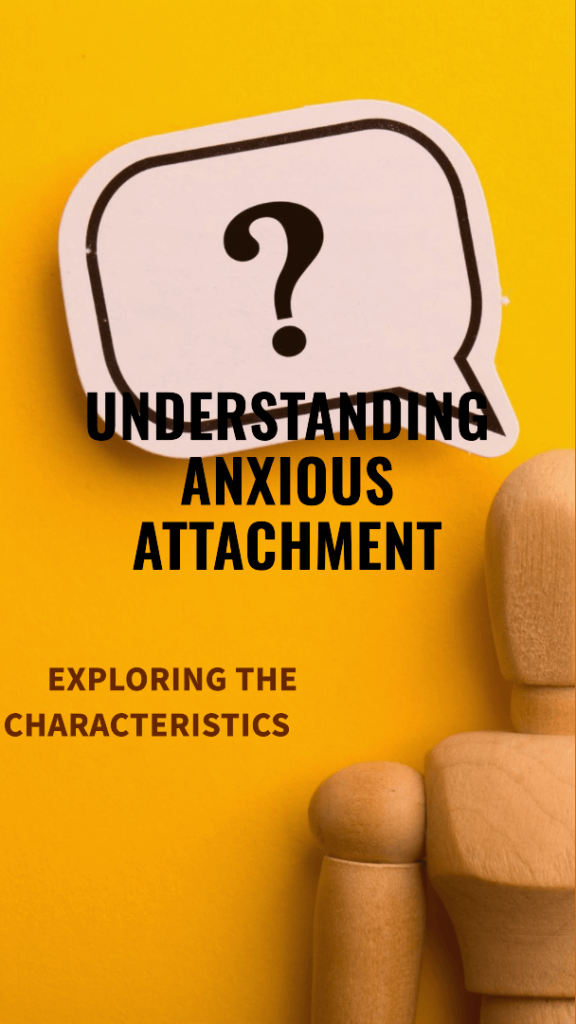
The Impact of Anxious Attachment
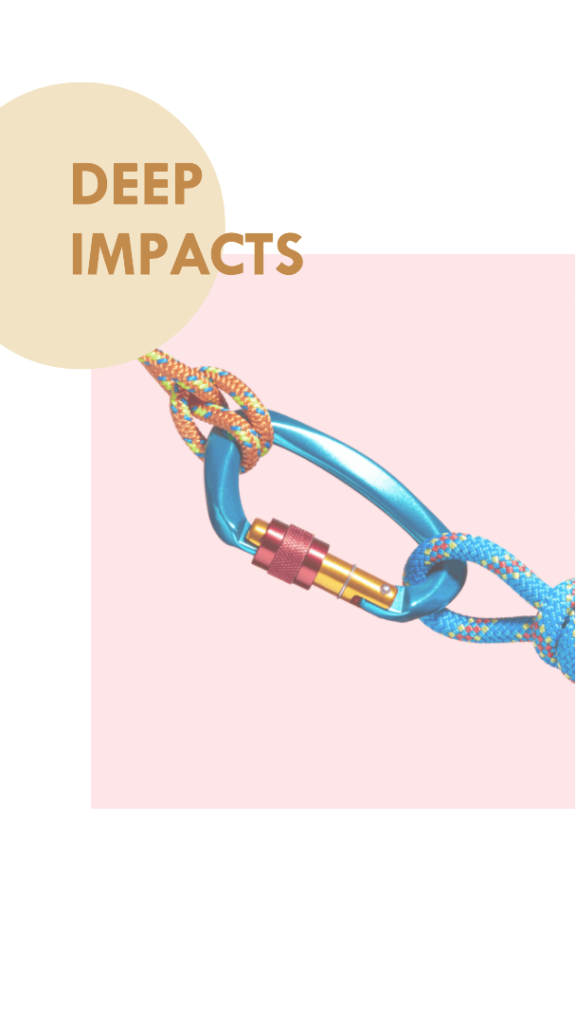
Understanding the anxious attachment style is important, as it can deeply affect various aspects of your life, particularly in your romantic relationships. Anxiously attached individuals often find themselves caught in a cycle of emotional turmoil, which can impact communication, trust, and overall relationship satisfaction.
- Anxious Attachment in Relationships
When anxious attachment goes unaddressed, it can lead to a host of issues in relationships. The constant need for reassurance and validation can become emotionally taxing for partners. Anxious attachers may inadvertently push their partners away, as their behavior can come across as clingy or overly demanding.
- Anxious Attachment in Childhood
The roots of anxious attachment often extend back to childhood. If your caregivers were inconsistent in meeting your emotional needs, it can create a deep-seated fear of abandonment. These early experiences can shape your attachment style, affecting your relationships well into adulthood.
Coping with Anxious Attachment Style
The good news is that attachment styles are not set in stone. With self-awareness and the right strategies, you can work towards developing a more secure attachment style. Here are some steps to help you cope with and overcome anxious attachment:
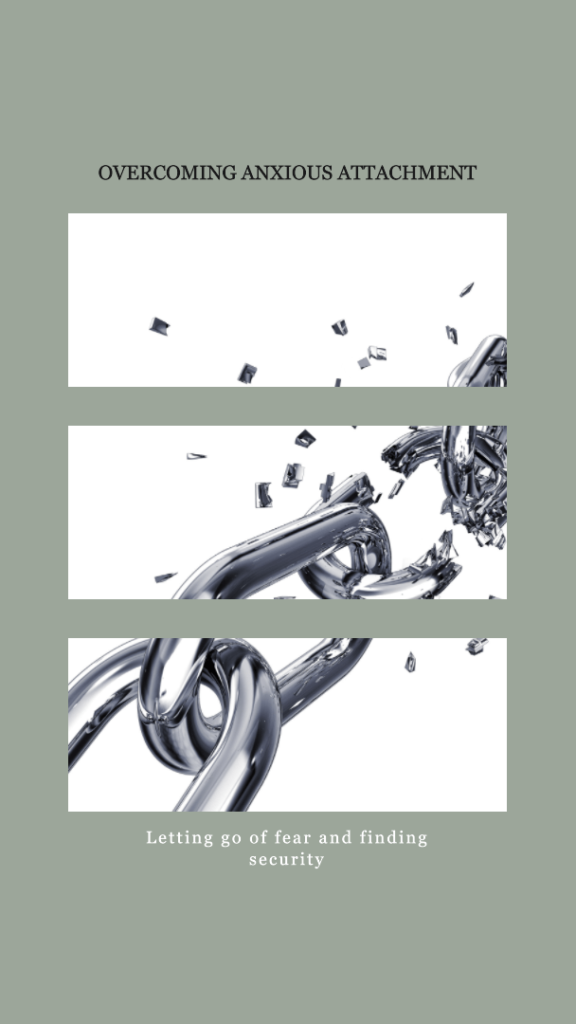
- Self-awareness
The first step in overcoming an anxious attachment style is recognizing and understanding it. Awareness is key to initiating change. - Seek therapy
Therapy, particularly with a trained therapist experienced in attachment issues, can be incredibly helpful. It provides a safe space to explore your past and current relationship dynamics and learn healthier ways to cope with anxiety. - Practice self-compassion
Be kind to yourself. Remember that your anxious attachment style is a result of past experiences, and it’s not your fault. Self-compassion can help you heal and grow. - Communication
Open and honest communication with your partner is essential. Let them know what you’re working on and how they can support you. - Mindfulness and emotional regulation
Learning to manage your emotions and practicing mindfulness can help you react more calmly in challenging situations.
While overcoming anxious attachment can be a challenging journey, it’s important to remember that it is entirely possible. With self-awareness, self-compassion, and the right support, you can develop a more secure attachment style, leading to healthier, more fulfilling relationships.
Anxious Attachment in Relationships
If you’re in a relationship with someone who has an anxious attachment style, it’s important to understand their emotional landscape and offer support. Patience, communication, and reassurance can go a long way in helping your partner feel more secure.
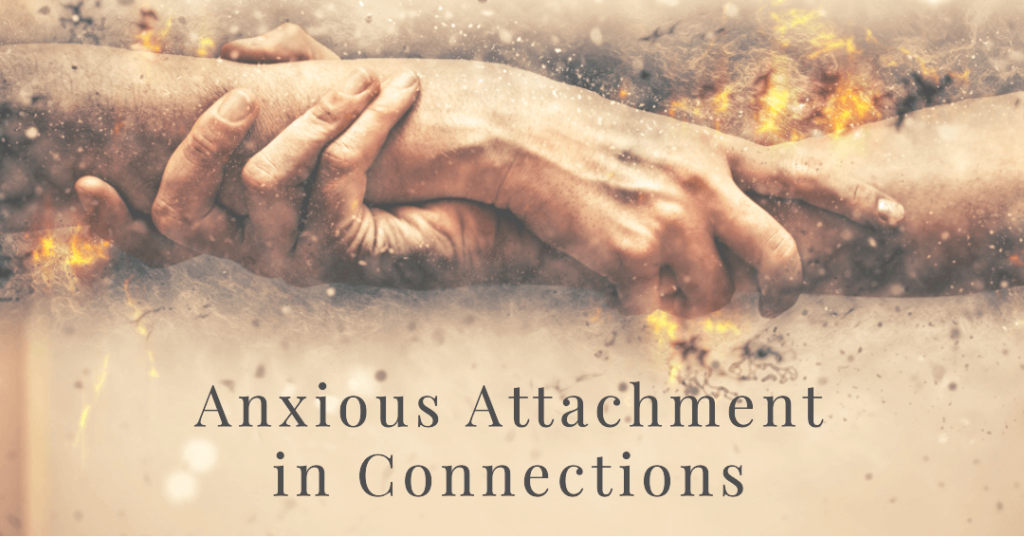
Understanding your attachment style and that of your partner can be a game-changer in resolving conflicts and building a healthier, more harmonious relationship.
Conclusion
Low self-esteem often accompanies an anxious attachment style. Exploring the root causes of your self-esteem issues and working on building self-worth can be a powerful step toward healing.
Anxious attachment can be a challenging road to navigate, but it’s important to remember that you are not alone. Many people grapple with this attachment style, and with the right support and self-work, you can embark on a journey of healing and transformation.
Remember that growth takes time, and it’s okay to seek help along the way. Building a more secure attachment style can lead to more fulfilling, satisfying, and emotionally healthy relationships, both with yourself and with others. Embrace the journey, and you’ll find yourself on the path to emotional freedom and happier, more fulfilling connections.
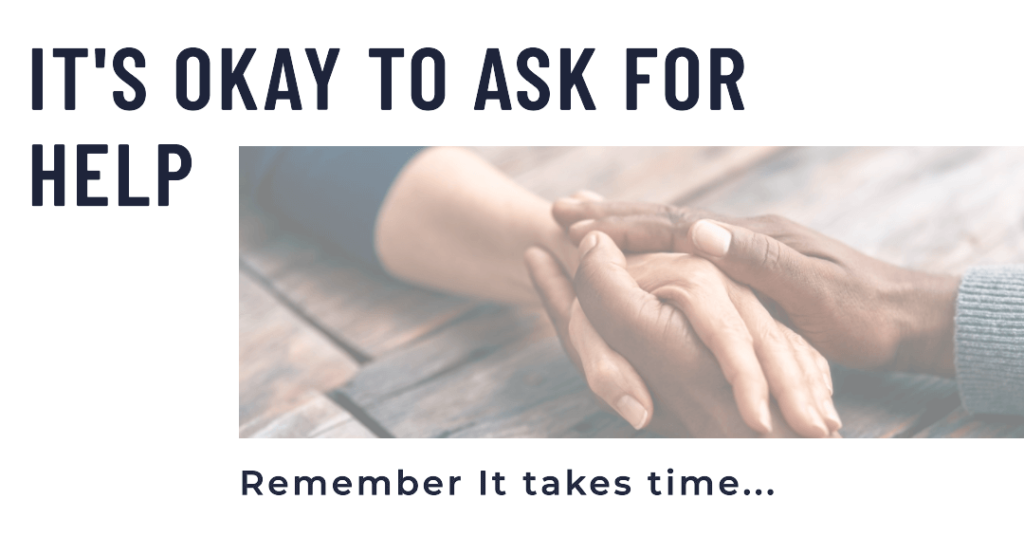
I want to extend a heartfelt thank you for taking the time to read this blog post. I hope it was informative, insightful, and most importantly, useful to you. Mental health is an important topic that affects us all, and I’m grateful for the opportunity to share my thoughts with you.
If you have any thoughts or comments, I encourage you to leave them in the comment box below. Your feedback is essential to me and helps me create content that is tailored to your needs.
If you found this post helpful, please subscribe to my newsletter for more resources and updates on mental health. You can also reach out to me via email if you have any questions or just want to chat. Remember, taking care of your mental health is important, and you are not alone.
Leave a Reply